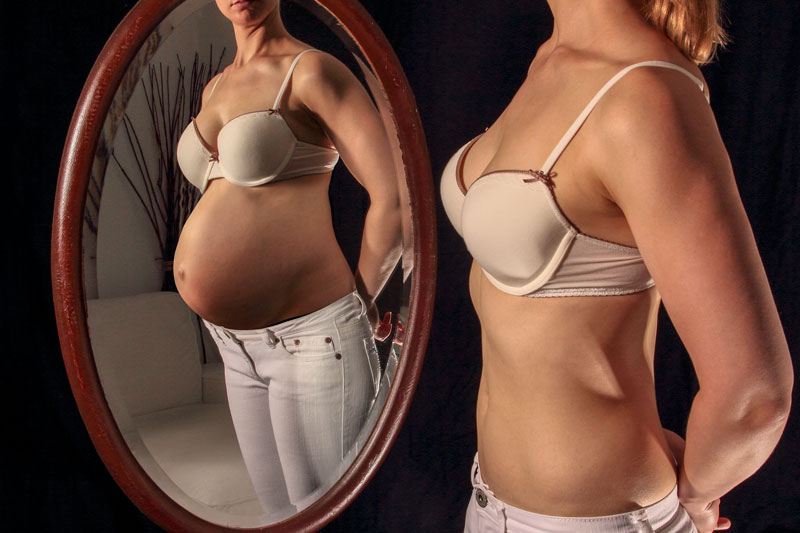EGG DONATION
It may be an alternative when a woman:
- a) has no ovaries
- b) has treated for cancer that has damaged the ovaries
- c) has premature ovarian failure
- d) has no egg stocks in the ovaries, usually due to age
- e) has a high rate of transmitting a known hereditary disease to the child
Egg donors can become women who:
- offer their eggs for free or
- are themselves part of an IVF program and wish to donate some of their eggs if they have enough (SHARING).
Candidate egg donors, according to Greek law, are anonymous and are required to sign specific consent documents. In order to be eligible for such a program, they must also meet the following requirements:
- Be between 19 and 35 years old.
- Be healthy, non-smoker and have no personal or family history of genetic diseases.
- Have a body mass index (BMI) of less than 32.
- Have an FSH of less than 8.
- Have two functional ovaries.
They will also have to undergo a series of tests to see if they are in good health and able to respond properly to hormone therapy. Examinations include:
Transvaginal ultrasound
Clinical examination
Blood tests for hepatitis B and C, HIV, sexually transmitted diseases and hormonal profile
Karyotype
Examination for cystic fibrosis
The donors will then undergo the classical process of hormonal stimulation. The procedure followed is like a regular IVF cycle, where ovarian stimulation and donor ovulation are performed, followed by fertilisation of the eggs with the sperm of the spouse of the recipient and embryo transfer to the recipient.






